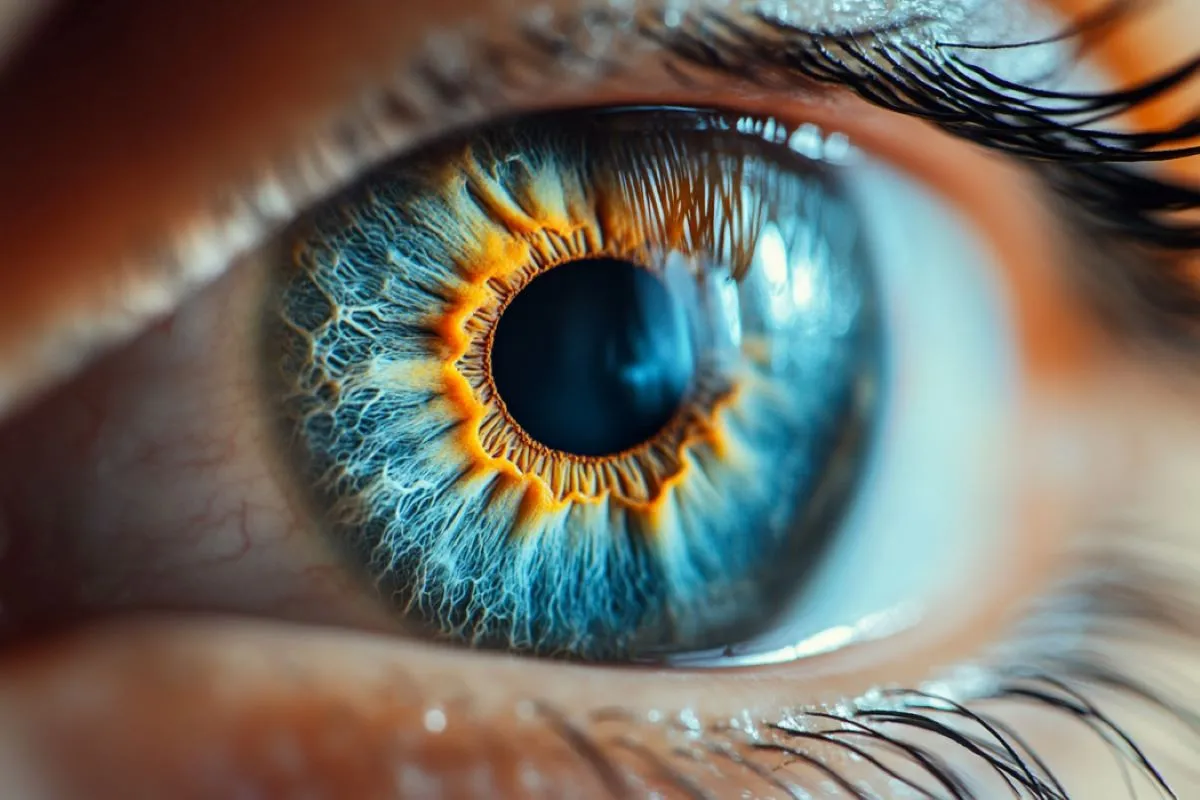Age Related Macular Degeneration and Glaucoma: Neuroscience Breakthroughs

Age Related Macular Degeneration and Glaucoma: Insights into Treatment
Aging populations face significant risks of age related macular degeneration (AMD) and glaucoma, both disorders linked to vision loss. New findings in neuroscience underscore how genetic factors influence these conditions.
Understanding AMD and Glaucoma
Both AMD and glaucoma affect millions worldwide, hindering daily activities and reducing quality of life. The exploration of brain research and neurobiology paves the way for innovative therapies.
- AMD primarily affects central vision, while glaucoma often leads to peripheral vision loss.
- Genetics plays a crucial role in the susceptibility and progression of both diseases.
- Research into potential gene therapy offers new hope for patients.
Future Directions in Vision Science
With advances in visual neuroscience and neurobiology, the potential for novel treatments is expanding. Continued investigation into TCD and other therapies may revolutionize vision preservation strategies.
Disclaimer: The information provided on this site is for informational purposes only and is not intended as medical advice. We are not responsible for any actions taken based on the content of this site. Always consult a qualified healthcare provider for medical advice, diagnosis, and treatment. We source our news from reputable sources and provide links to the original articles. We do not endorse or assume responsibility for the accuracy of the information contained in external sources.
This article was prepared using information from open sources in accordance with the principles of Ethical Policy. The editorial team is not responsible for absolute accuracy, as it relies on data from the sources referenced.